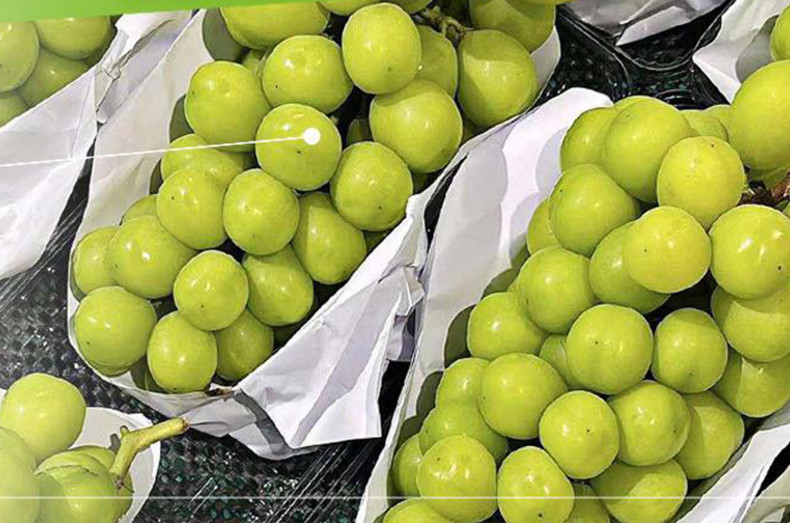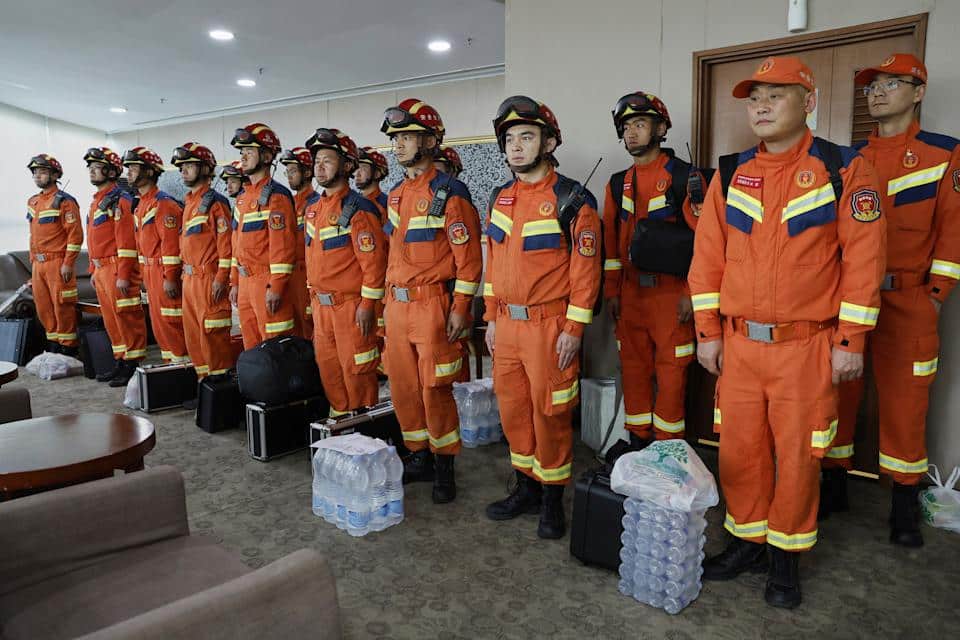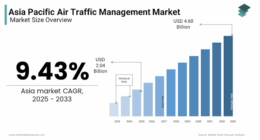Thai Pesticide Alert Network Reports Unsafe Residues in Fruit Samples
The Thai Pesticide Alert Network (Thai-PAN) has revealed alarming findings regarding pesticide residues in various fruit samples across Thailand. According to the recent tests, most fruit samples contained hazardous levels of pesticide residues that exceeded safety standards, with jujubes and oranges being particularly affected.
Extensive Testing Across Multiple Provinces
Thai-PAN coordinator Prokchol Ousap announced that from November 27 to December 11, 2024, the network collected 85 fruit samples including apples, dragon fruit, guava, jujubes, and oranges from supermarkets and fresh markets in 12 provinces, including Bangkok, Chiang Mai, and Rayong. The fruits underwent rigorous multi-residue testing for 419 chemicals at BVAQ Laboratory in Thailand, revealing that all tested fruit types contained pesticide residues above safety limits
Presence of Banned Chemicals in Domestic Fruits
The analysis highlighted concerning levels of chlorpyrifos, a hazardous agricultural chemical banned in Thailand since June 1, 2020. This substance is classified as a Type 4 toxic substance, making its production, import, export, and possession illegal. All 15 jujube samples tested were found to have hazardous residues exceeding safety standards, with six samples containing high levels of chlorpyrifos
Specific Findings on Oranges and Other Fruits
The results for oranges were similarly troubling; out of 17 samples, only three were within safe limits while 14 exceeded the safety standards. Chlorpyrifos was detected in four samples, including two imported mandarins from China and two domestically grown oranges from Phichit and Chiang Rai. For apples, only four samples were residue-free; however, 13 contained residues, with one exceeding standard values. Guava also showed significant contamination with 10 out of 17 samples having residues above acceptable levels
Dragon Fruit and Organic Certification Concerns
Testing on dragon fruit revealed that while two samples had no chemical residue, 15 samples contained toxic residues, with nine exceeding the standard values. Notably, one of these was marked as an organic product certified under the Participatory Guarantee System (PGS). Thai-PAN plans to forward these findings to relevant government authorities for a thorough examination of organic certification standards
Previous Tests Indicate Ongoing Issues
This recent testing follows similar investigations conducted by Thai-PAN on Shine Muscat grapes sold in Thailand earlier in October 2024, which also revealed unsafe residue levels. The continuous detection of hazardous pesticide levels raises serious concerns about food safety and public health in Thailand.









